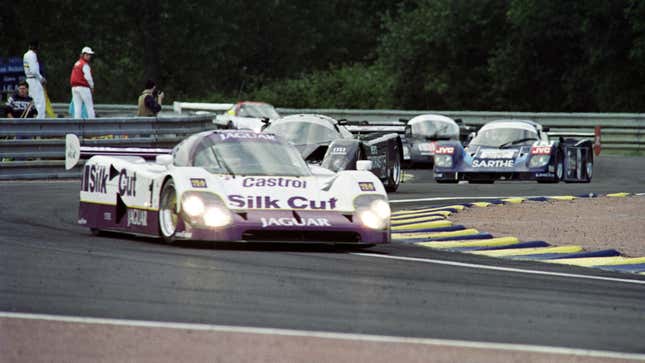
Jaguar confirmed in March that all its internal combustion models will be killed off. A month later, the British luxury automaker announced its commitment to Formula E until 2030. Rawdon Glover, the brand’s managing director, admitted to Jalopnik that the championship’s viewers tend to be younger and aren’t the typical buyers of one of its vehicles. However, technology transfer was the most significant benefit of competing in Formula E, according to Glover.
The brand views racing as the ultimate crucible for automotive technology, with the link between the track and road being more straightforward for electric vehicles. Glover said:
“In terms of managing heat and managing efficiency of the inverters, you can put those parts of our vehicles under huge stress because they are going at great speeds with great heat and huge voltage going through them. If you can prove it out in those environments, the ability to then transfer that onto the road car basically gives you either extra range or high v-max. That’s quite straightforward. If the engineers were here, they’d crucify me.

Jaguar has been involved in racing for nearly its entire 88-year history and it’s most strongly associated with the 24 Hours of Le Mans. The Type-C won the French endurance classic in 1951 and 1953. A Type-D was controversially the first car across the line after the disaster in 1955 and would win the next two editions. Jaguar’s Slik Cut-branded XJR prototypes captured the imaginations of millions during the 1980s. The automaker ran a factory F1 team in the early 2000s that never won a race and is known best today for being sold to Red Bull.
The automaker doesn’t deny that its fans in Formula E could become customers, but that will take time and it’s clearly willing to wait. Jaguar is the perennial bridesmaid of the championship. Over the last three seasons, the team has always entered the final round with a driver in contention to win the title and fell short every time. This year, Nick Cassidy had the opportunity to win it all a round early in Portland, Oregon, but he failed to score points in either race of the American doubleheader. Jaguar will now wait until the London finale later this month to seal the championship.
Jaguar would undoubtedly love to tout a world championship alongside the electric $125,000 four-door GT slated to debut next year. The model will be the first of three EVs that will comprise Jaguar’s all-new low-volume lineup.




